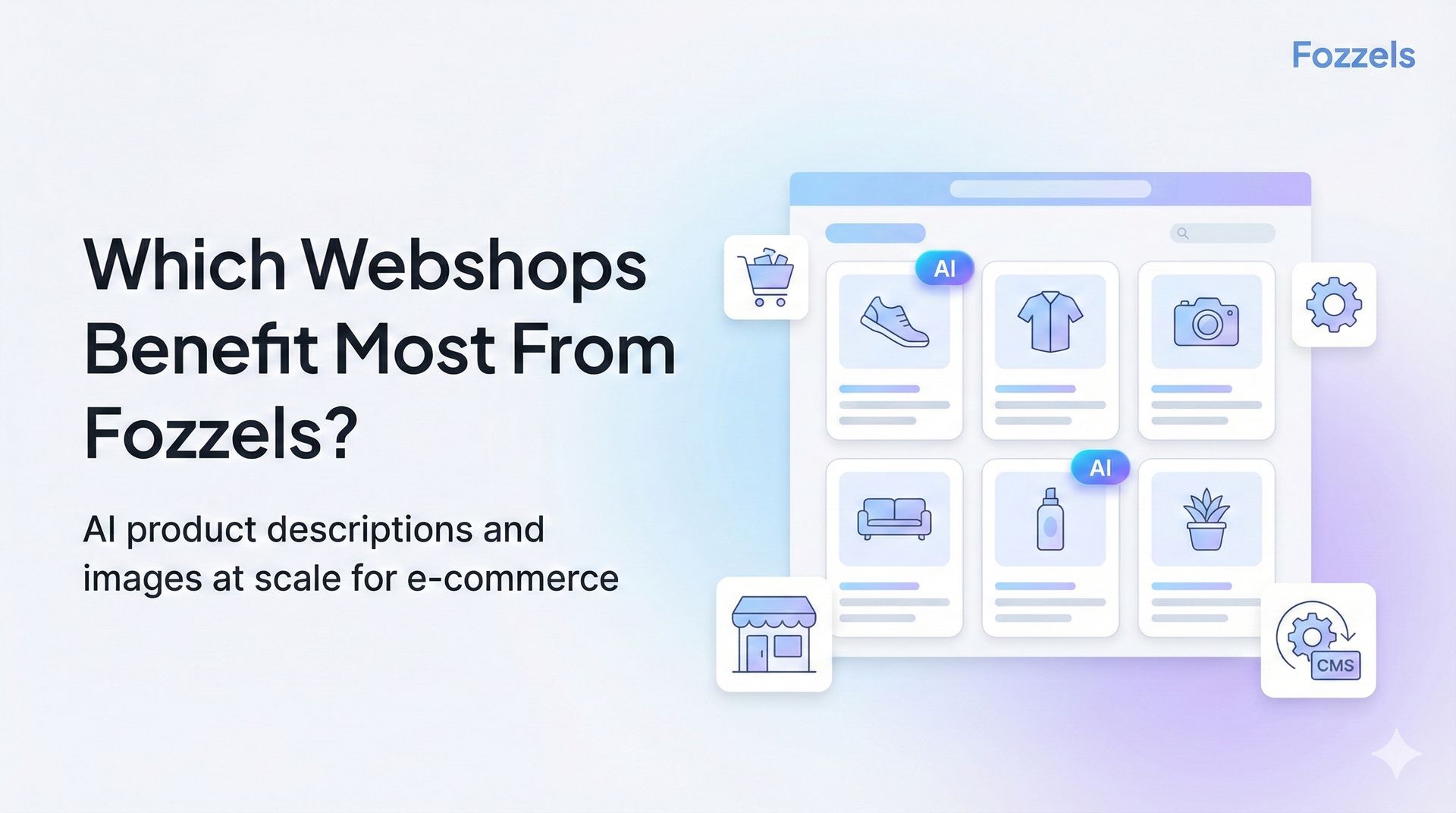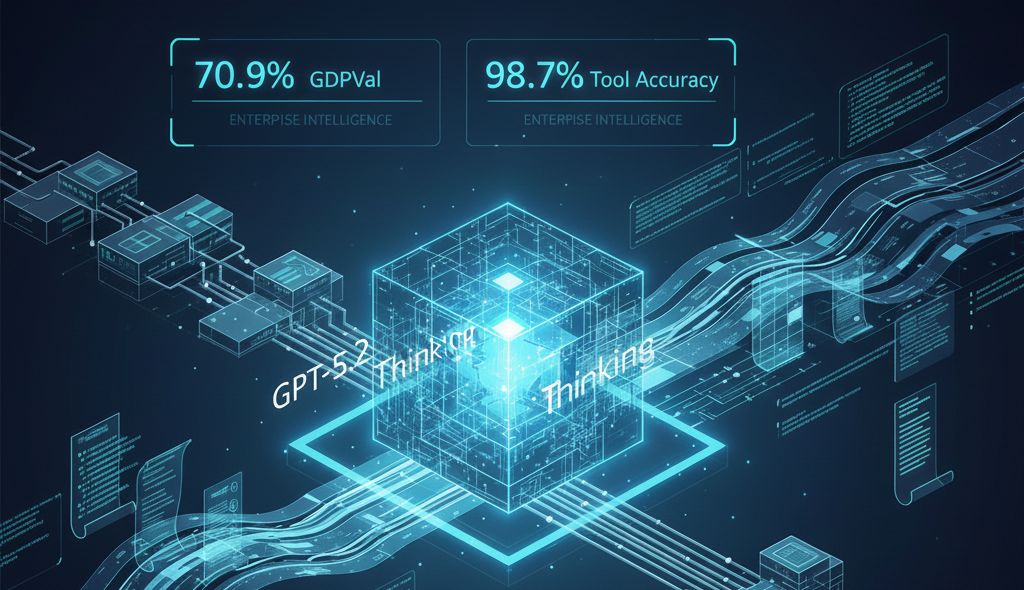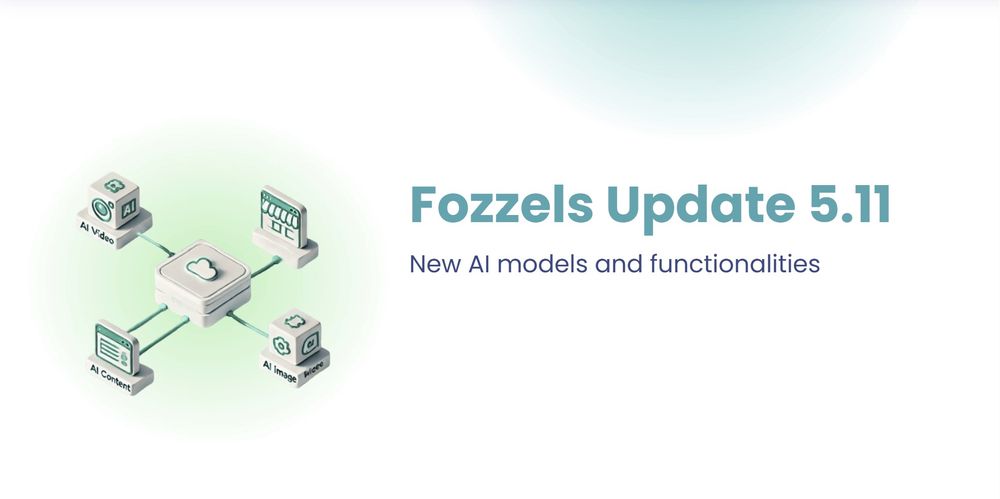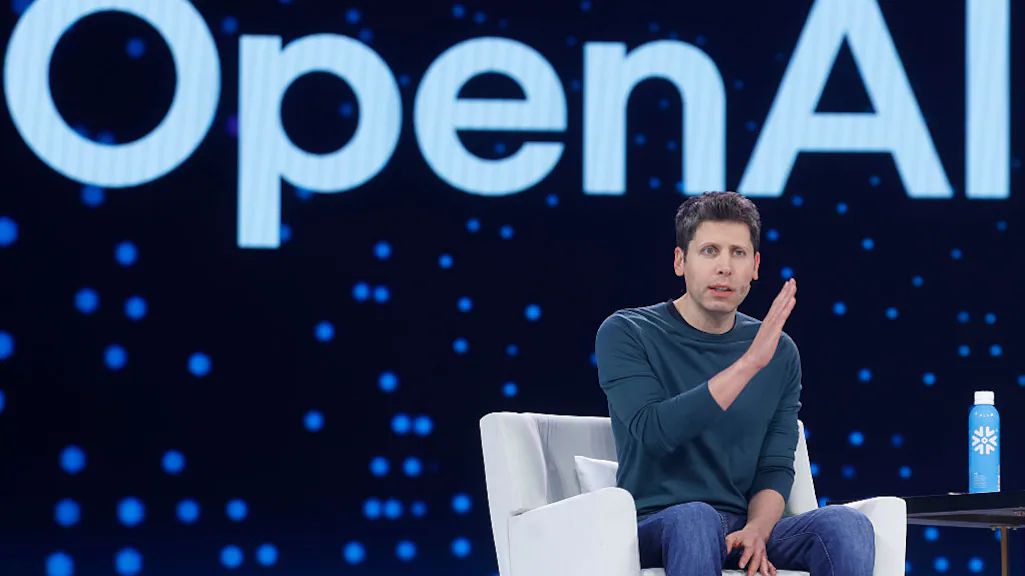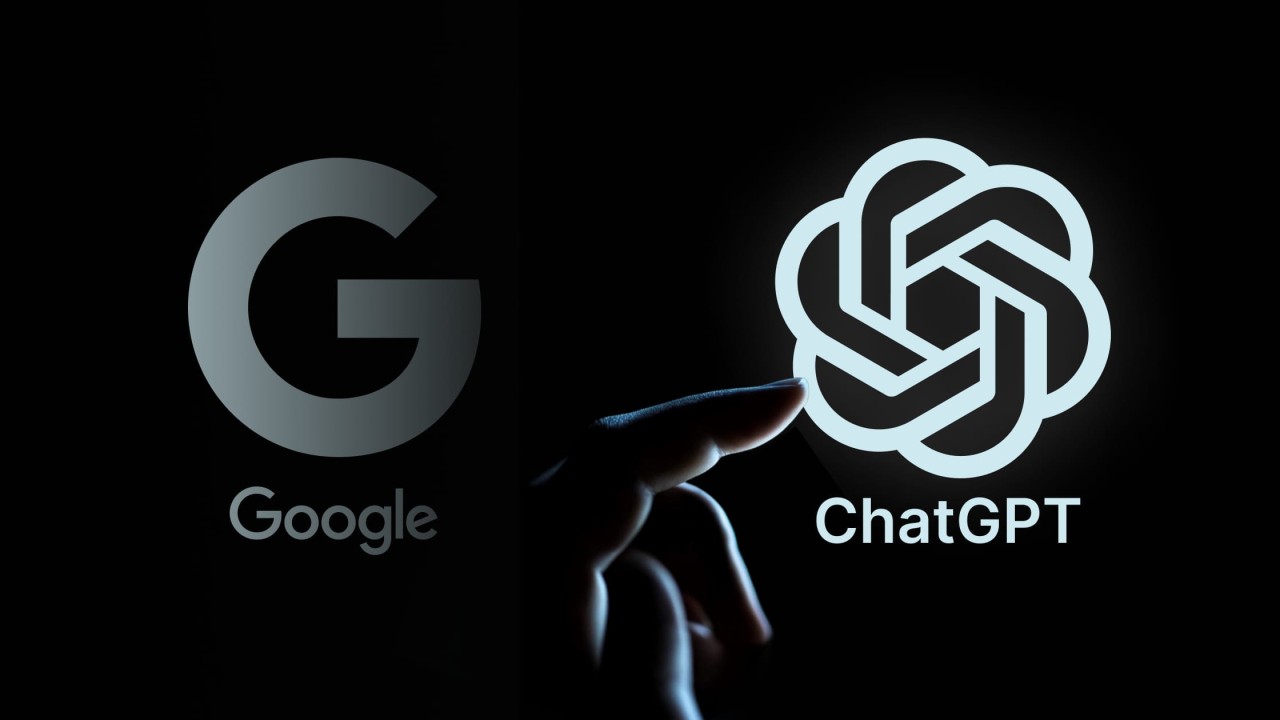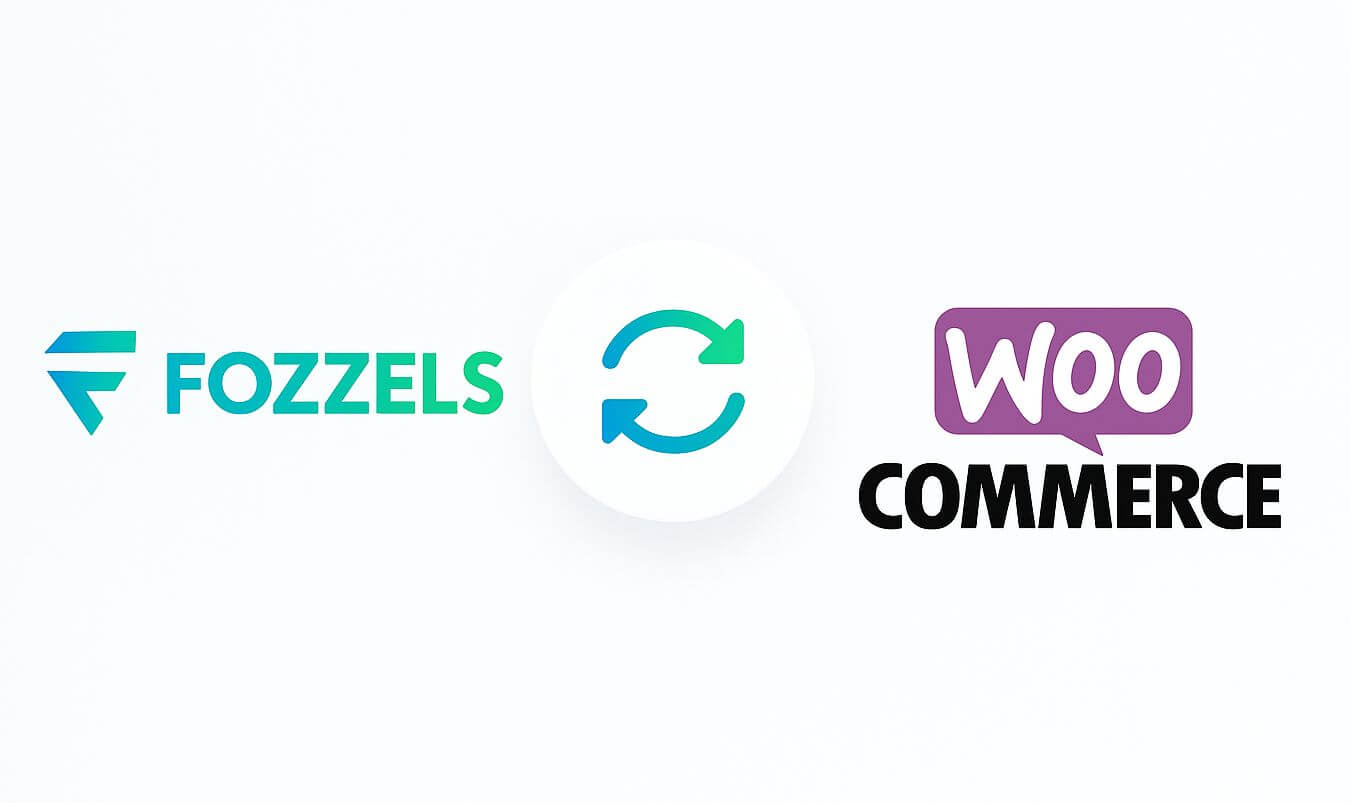OpenAI is expected to release the major new version of its AI chatbot ChatGPT next month. This new model, ChatGPT-5, is expected to merge all previous versions into a single assistant that can handle more complex tasks and also has a better memory.
The release of ChatGPT-5 has been speculated about for over a year. Initially, the new model was expected sometime this spring, but it was postponed several times.
Now, the much-discussed version appears to be finally on its way. After several months of additional testing, GPT-5 will be available in August, according to separate reports from American tech news site The Verge and news site Axios. OpenAI has not yet confirmed this. However, CEO Sam Altman posted a message on X on Saturday stating that GPT-5 will be released “soon.”
ChatGPT-5 is no simple upgrade. The new model combines the skills of previous versions of the world’s most famous AI chatbot. This allows it to “reason” independently, communicate with multiple forms of information (text, images, audio), and recall previous conversations with a user. The user no longer has to choose which model is most suitable for a prompt, as the instructions to AI systems are called.
Empathy, Memory, and Autonomy
Unlike its predecessors, GPT-5 remembers a user’s previous projects, preferences, and writing style. Based on this, the system can anticipate responses to new prompts. According to OpenAI, the chatbot should gradually transform into a “personal AI assistant with empathy, memory, and autonomy.”
With this update, the American company hopes to remain competitive with similar AI models, such as Claude (from startup Anthropic), Perplexity AI, Gemini (Google), the Chinese DeepSeek, and the French Mistral AI. These competitors are ahead of ChatGPT in some areas.
OpenAI CEO Sam Altman is scared, compares GPT-5 to the development of the atomic bomb
The development of GPT-5 is in full swing at OpenAI. The new language model offers numerous new possibilities, but not without concerns. CEO Sam Altman remarkably expressed his fears about the new model and even compared it to the development of the atomic bomb.
Altman was a guest on comedian Theo Von’s This Past Weekend podcast. In it, the OpenAI CEO stated that GPT-5 is extremely fast, but also expressed his concerns. During the interview, he admitted that the new language model evoked associations with the Manhattan Project, the code name for the development of the atomic bomb.
This isn’t the first time Altman has made a striking statement about the development of artificial intelligence, which he himself is spearheading. Ten years ago, he predicted that AI would lead to the end of the world, but subsequently decided to focus his company on that.
CEO Sam Altman Fears GPT-5
Altman described in the interview that he became afraid while testing GPT-5 because the model is so incredibly fast. He emphasizes that he, too, sometimes has no idea what exactly he’s working on and immediately compares it to the Manhattan Project. “There are moments in history when a group of scientists got together to create something and thought: what have we done?” he says. “A good example is the Manhattan Project, and I think people working in AI feel the same way.”
The OpenAI CEO remains vague about what exactly he’s referring to and what scares him about GPT-5. With his comparisons and statements, he does paint a picture of a technology we don’t fully understand yet, but are deploying on a massive scale. In other words, he’s full of praise for its power, but simultaneously terrified of its consequences.
OpenAI's GPT-5 will make it easier for everyone to use
Rumors are mounting about the launch of OpenAI’s GPT-5 model in early August. OpenAI has a history of adjusting its launch schedules due to various factors, including technical hurdles and strategic considerations. Nevertheless, the August timeline seems plausible.
GPT-5 represents a significant evolution. Separate AI models for specialized functions will be integrated, and OpenAI’s o-series and GPT-series technologies will be merged, according to The Verge.
The Unified Approach of GPT-5
Sam Altman, CEO of OpenAI, envisions a simplified product experience. Users will have access to a single system capable of performing a wide range of tasks. He acknowledges that current models are complex. Therefore, he aims for a return to what he calls “unified magical intelligence.”
GPT-5 will be available in several versions: a primary reasoning model and a mini version accessible via ChatGPT and the OpenAI API, with a nano version available exclusively via the API.
Altman’s Personal Experience
Altman has personally experienced the capabilities of GPT-5. He recounted an anecdote in which the model accurately answered a complex question he couldn’t solve. The encounter left him feeling “useless” compared to the AI’s capabilities.
Development of GPT-5 has been underway for over 18 months and has faced initial challenges, including budget overruns, delays, and uncertainties about feasibility. However, in March, OpenAI began demonstrating preliminary versions to enterprise customers and received positive feedback, with one CEO describing it as “substantially better.”
ChatGPT’s Transformation and Monetization Plans
In a recent update, ChatGPT has been transformed into a fully autonomous system. It is now capable of performing complex tasks using its own virtual machine and integrated tools.
Meanwhile, reports suggest that OpenAI is considering monetizing ChatGPT. The company would integrate an e-commerce checkout system and take a commission on sales.

